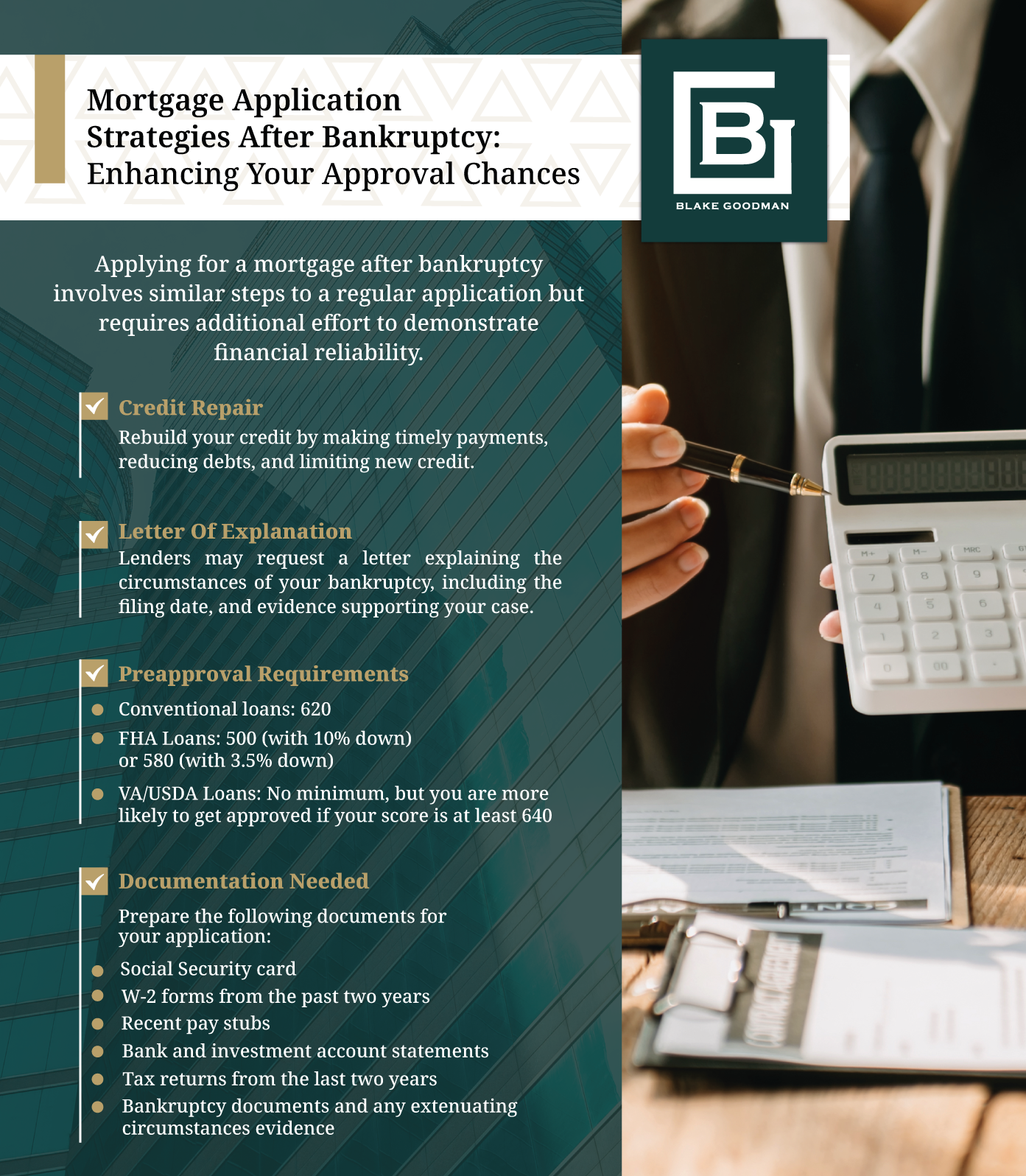Exploring Your Path To Homeownership Following Bankruptcy
While buying a house is already a challenge, purchasing it after bankruptcy can feel even more daunting. But there’s good news! Homeownership is still achievable, whether you filed Chapter 7 or Chapter 13 bankruptcy.
In the next section, a bankruptcy lawyer will provide valuable insights and steps you can take to turn your dream of homeownership into a reality after bankruptcy.
Is It Possible To Buy a Home With Cash After Bankruptcy?
Buying a home with cash is possible, especially after bankruptcy, but it has some limitations.
Here’s what you need to consider:
Assess Your Financial Situation: First, ensure you have enough cash to cover not only the purchase price of the home but also additional costs such as closing fees, property taxes, homeowners insurance, and maintenance expenses.
- Conduct Thorough Research: Start looking for properties within your budget. Since you’re buying with cash, you might have a wider range of options, as some sellers prefer cash buyers for a quicker and more secure transaction.
- Hire Professionals: Consider hiring a real estate agent to find the right properties and navigate the buying process. It’s also wise to consult with an attorney to ensure all legal aspects of the purchase are handled correctly.
- Make An Offer: Once you’ve found a property you’re interested in, you can make a cash offer. Being a cash buyer might give you an advantage in negotiations since sellers often prefer the certainty and speed of cash sales. If you’ve filed for bankruptcy before, remember to discuss the offer with your bankruptcy lawyer if there’s any doubt about the process.
- Close The Deal: If your offer is accepted, you’ll go through the closing process, which includes a title search, inspections, and other processes to ensure the property is in good standing. Since you’re paying cash, the closing process can be faster compared to a financed purchase.
While this is a good option, remember it can significantly reduce your liquidity, so you must ensure you have enough reserves for emergencies and other financial needs.
Optimal Timing For Home Purchase After Bankruptcy
After filing for bankruptcy, the waiting period to qualify for a mortgage varies between one to four years. It depends on the mortgage type, your lender, the bankruptcy chapter, and the cause of your bankruptcy. This wait is also contingent on your credit score’s recovery.
Chapter 7 Bankruptcy
Also known as liquidation bankruptcy, Chapter 7 remains on your credit report for 10 years. However, the wait to qualify for a mortgage isn’t as long, as you can see below:
- Conventional Mortgage: Typically, a four-year wait post-discharge is required, and it can be reduced to two years with proven extenuating circumstances. You can ask for more details from your bankruptcy lawyer.
- FHA Mortgage: HUD mandates a two-year wait, potentially reduced to one year with documented extenuating circumstances.
- VA Mortgage: Requires a two-year wait, with potential reduction under certain conditions.
- USDA Mortgage: Scrutiny for applications within three years post-discharge; although some conditions may allow earlier qualification.
Chapter 13 Bankruptcy
Chapter 13 affects credit for seven years and it involves a repayment plan. However, you can qualify for a mortgage sooner.
- Conventional Mortgage: Two years post-discharge is the standard, with potential reductions for extenuating circumstances.
- FHA Mortgage: At least a 12-month wait is necessary, with required court permission.
- VA & USDA Mortgages: Eligibility begins 12 months into the repayment plan, with specific conditions for USDA loans.
Multiple Bankruptcies
If you’ve filed for multiple bankruptcies within seven years, the standard waiting periods may be extended, with some flexibility based on the specifics of each case.
Mortgage Application Strategies After Bankruptcy: Enhancing Your Approval Chances
Applying for a mortgage after bankruptcy involves similar steps to a regular application but requires additional effort to demonstrate financial reliability.
Credit Repair
Rebuild your credit by making timely payments, reducing debts, and limiting new credit. Consider a secured credit card to enhance your credit with lower risk.
Some lenders accept nontraditional credit like on-time rental or utility payments, but conventional loans typically require a standard credit history.
Letter Of Explanation
Lenders may request a letter explaining the circumstances of your bankruptcy, including the filing date, reasons, and evidence supporting your case. This letter should also detail how your situation has changed, making you a viable candidate for a mortgage.
Preapproval Requirements
For pre-approval, ensure your credit score aligns with the loan type you’re seeking:
- Conventional loans: 620
- FHA Loans: 500 (with 10% down) or 580 (with 3.5% down)
- VA/USDA Loans: No minimum, but you are more likely to get approved if your score is at least 640
Documentation Needed
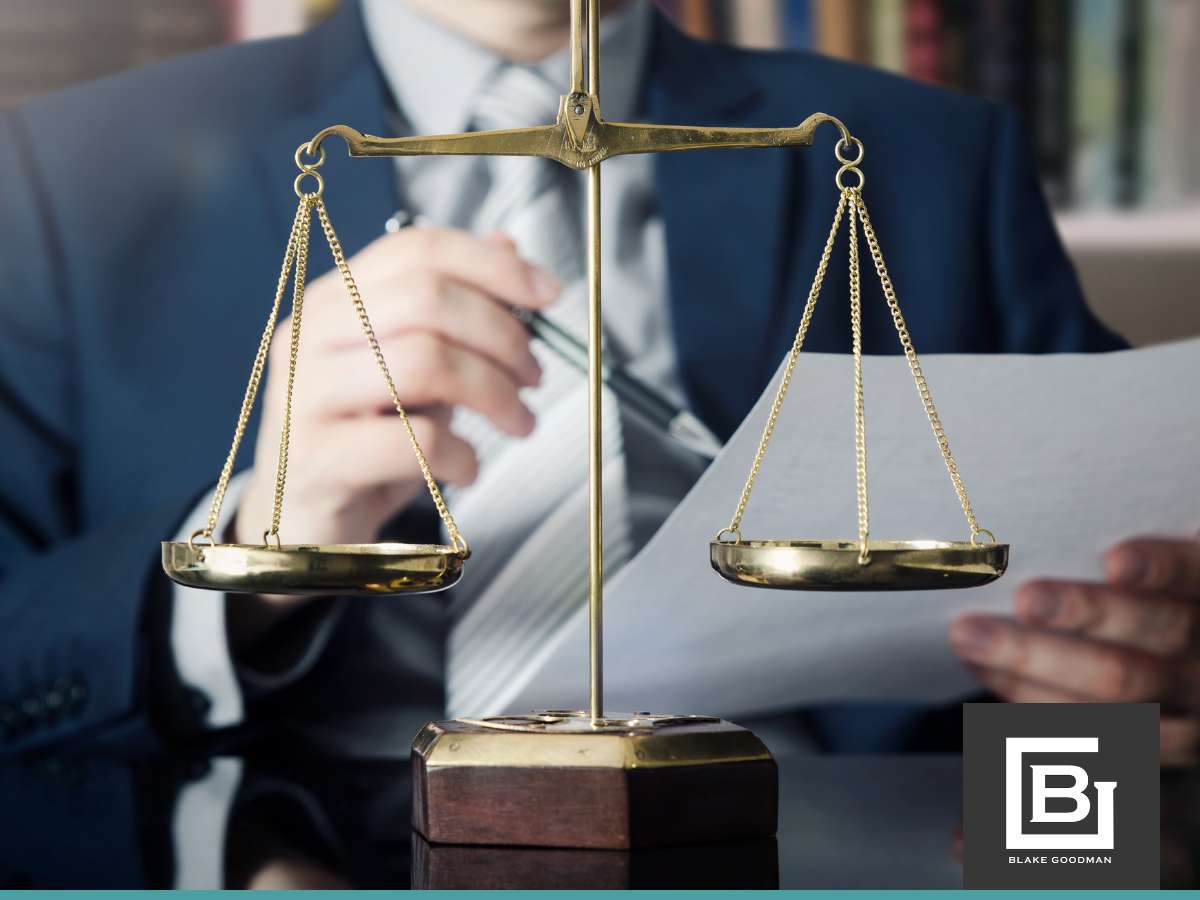
- Social Security card
- W-2 forms from the past two years
- Recent pay stubs
- Bank and investment account statements
- Tax returns from the last two years
- Bankruptcy documents and any extenuating circumstances evidence
For independent contractors or business owners, provide 1099 forms or profit and loss statements instead of W-2s and pay stubs.
Partnering With a Bankruptcy Lawyer: Navigating Your Path To Financial Recovery
When it comes to bankruptcy regulations, navigating the processes, and meeting the necessary requirements, rely on the seasoned Honolulu debt relief attorneys professionals. Our dedicated team of bankruptcy lawyers is equipped with the knowledge and experience to provide you with comprehensive assistance tailored to your specific needs.
Let us be your trusted guide as we work together to help you attain the financial freedom you rightfully deserve. Contact us today to take the first step towards a brighter financial future.
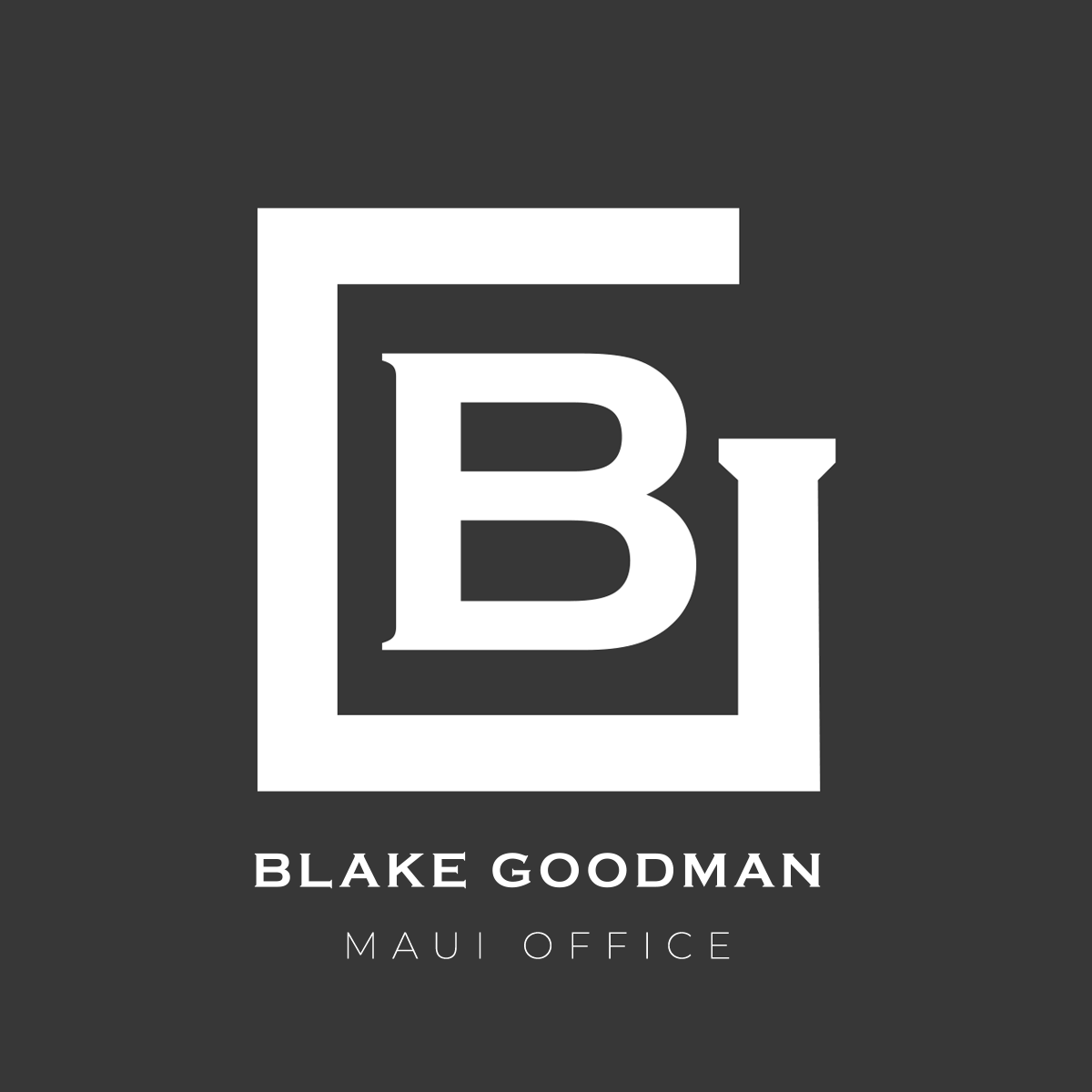
Email: blake@debtfreehawaii.com
Website: https://www.debtfreehawaii.com/
HONOLULU OFFICE
900 Fort Street MallSuite 910
Honolulu, HI 96813
Phone: (808) 517-5446
AIEA OFFICE
98-1238 Ka'ahumanu StSuite 201
Pearl City, HI 96782
Phone: (808) 515-3441
KANEOHE OFFICE
46-005 Kawa StSuite 206
Kaneohe, HI 96744
Phone: (808) 515-3304
MAUI OFFICE
220 Imi Kala St. #203BWailuku, HI 96793
Phone: (808) 515-2037

Blake Goodman received his law degree from George Washington University in Washington, D.C. in 1989 and has been exclusively practicing bankruptcy-related law in Texas, New Mexico, and Hawaii ever since. In the past, Attorney Goodman also worked as a Certified Public Accountant, receiving his license form the State of Maryland in 1988.

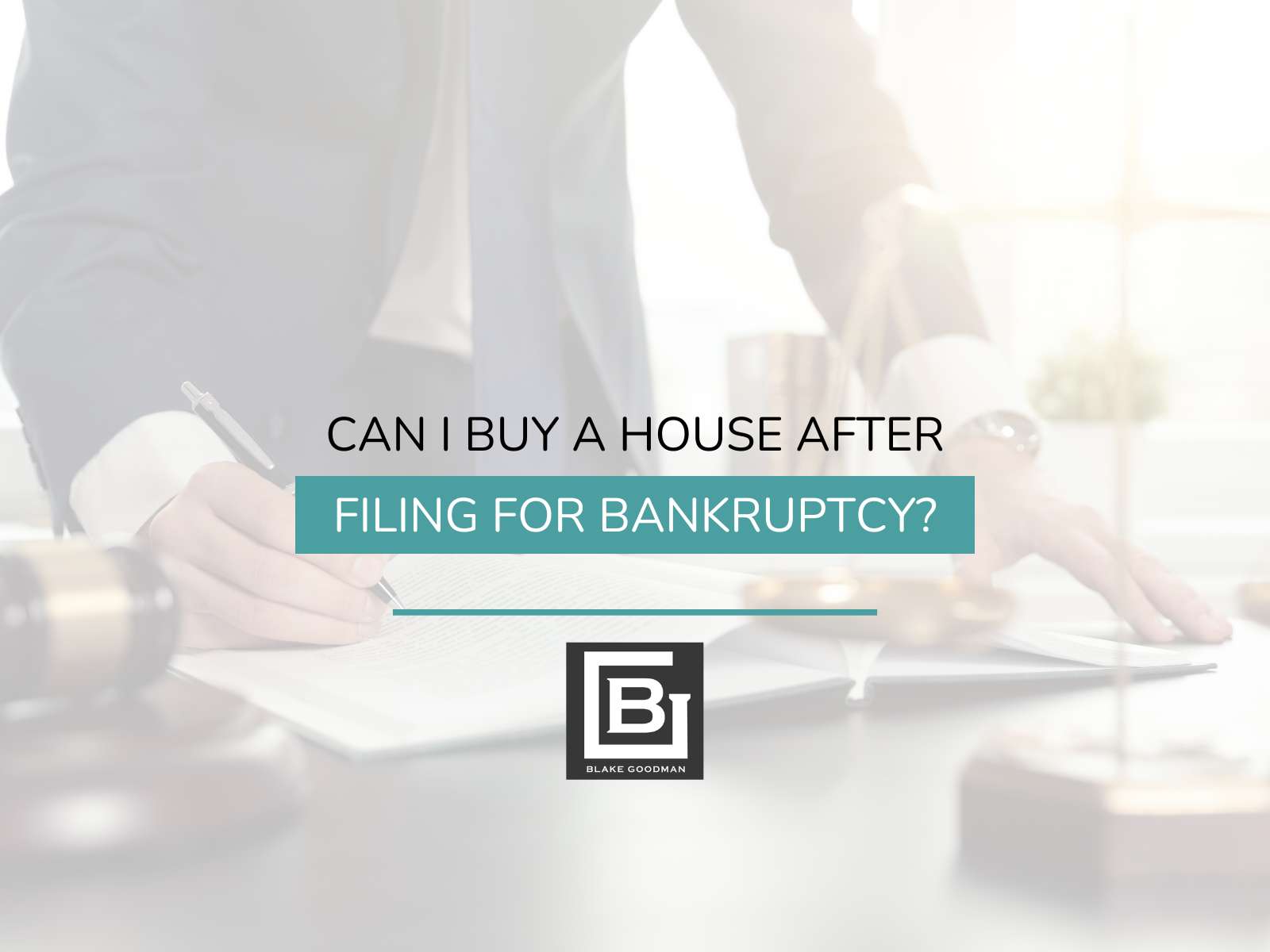
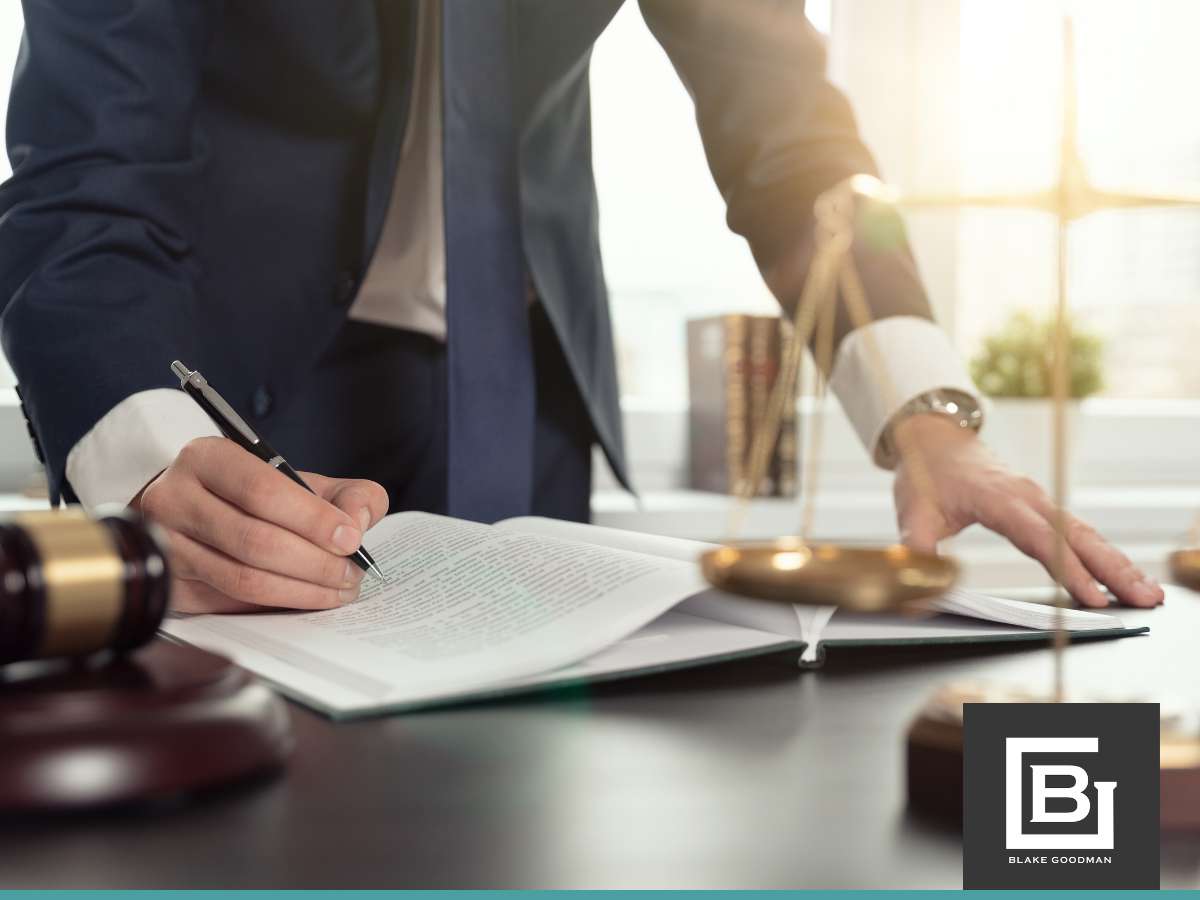 Assess Your Financial Situation:
Assess Your Financial Situation: